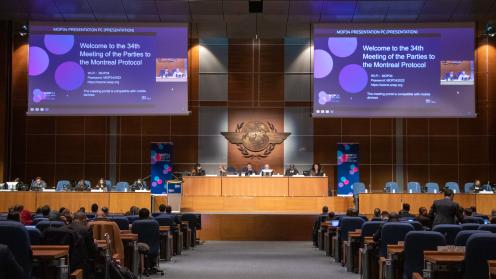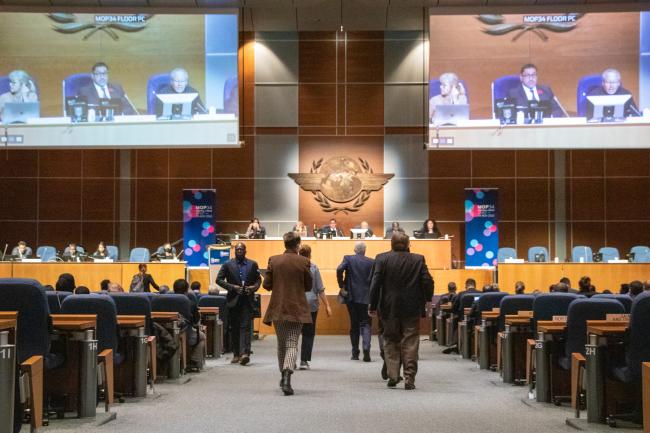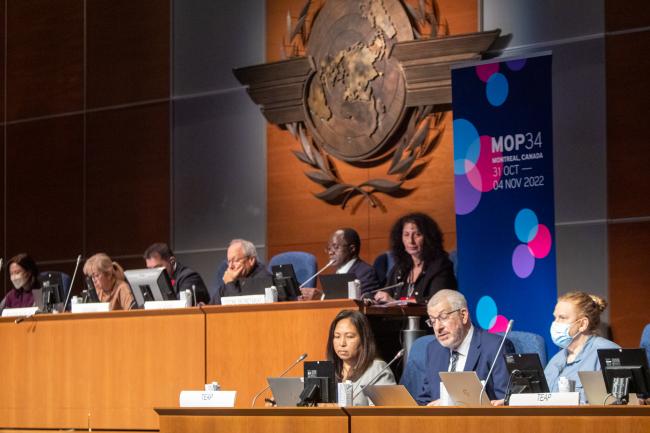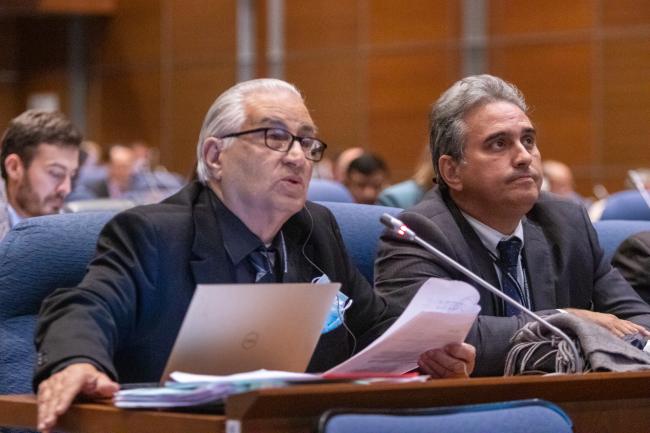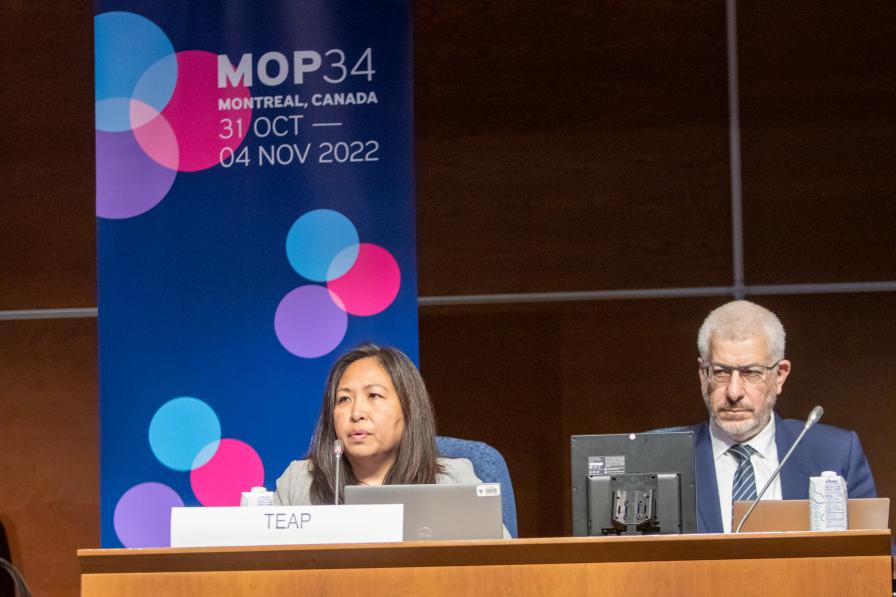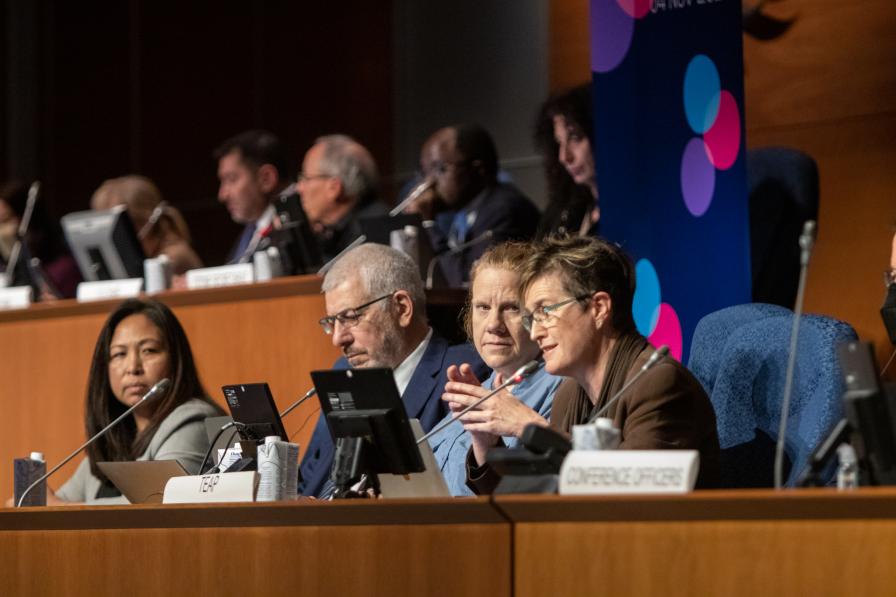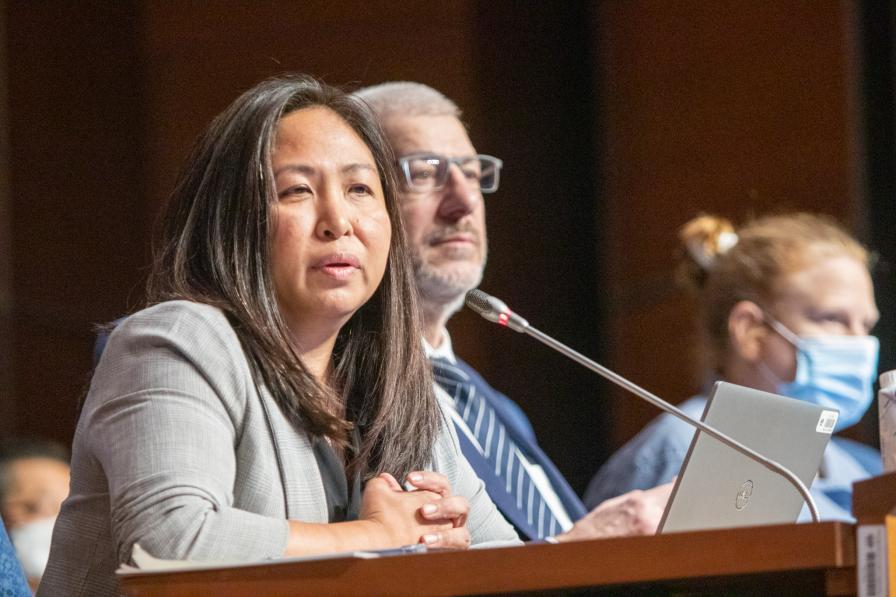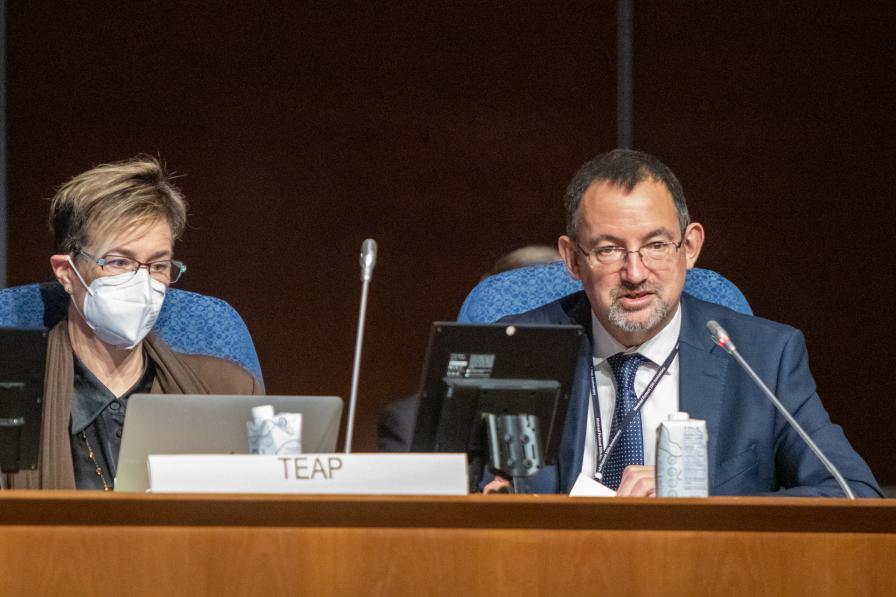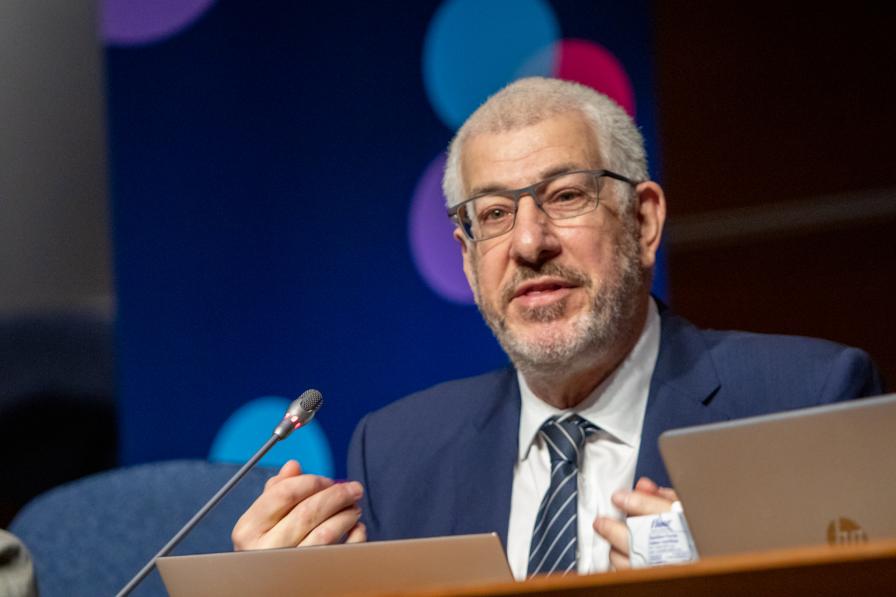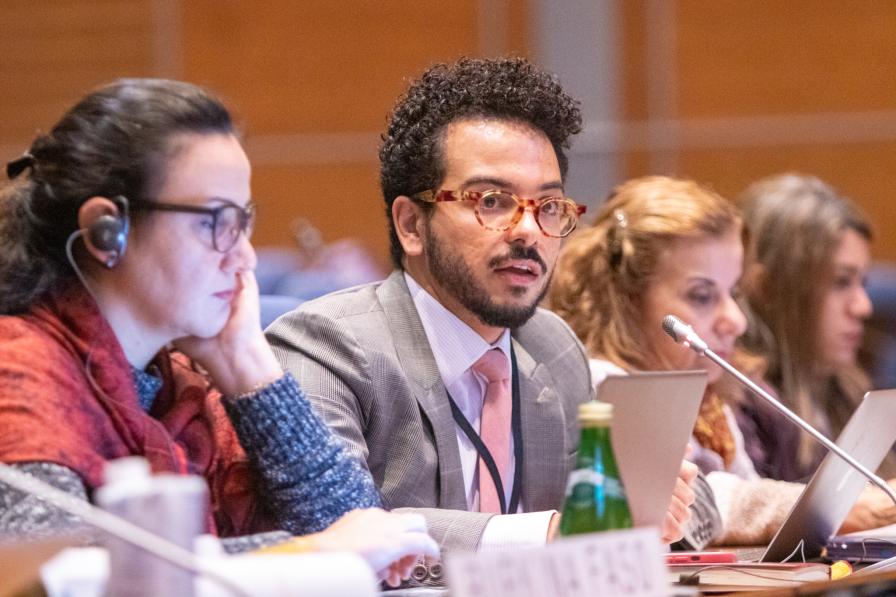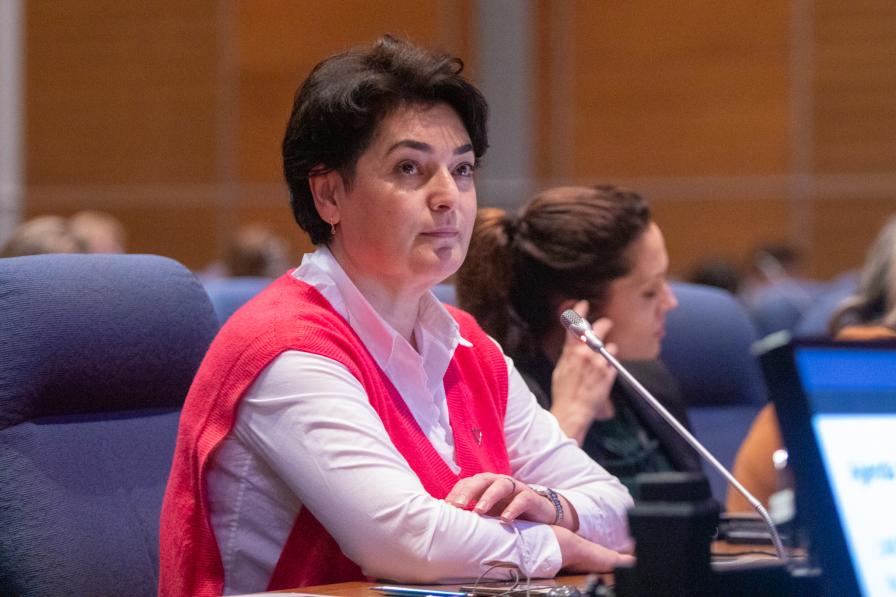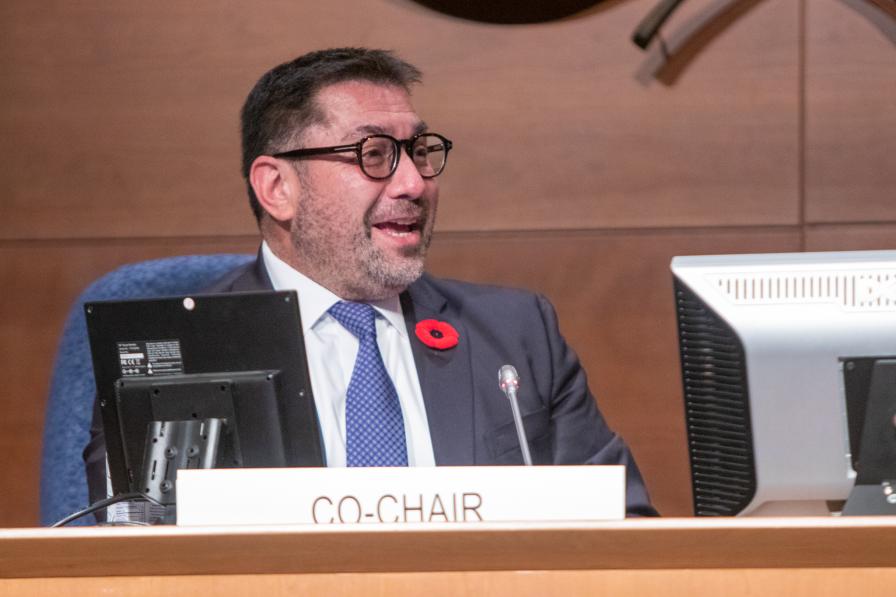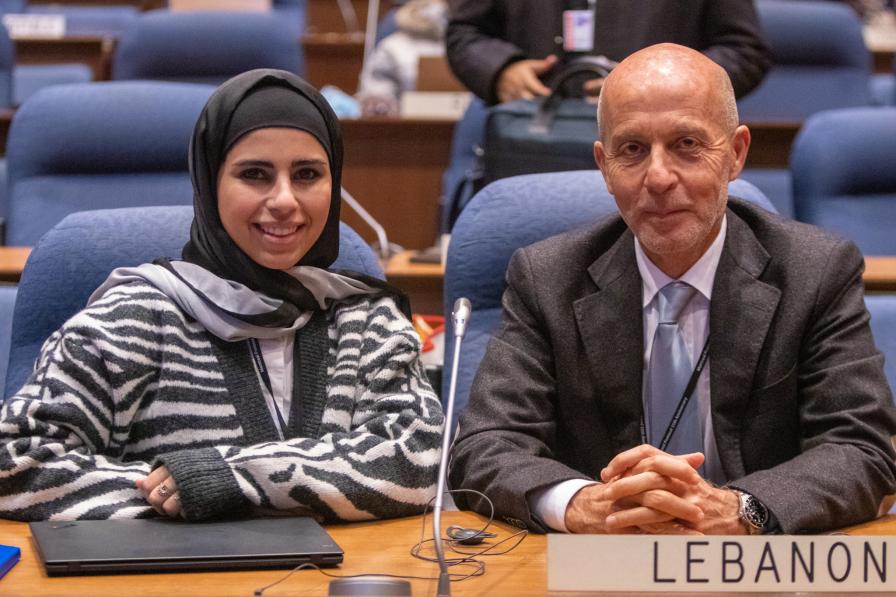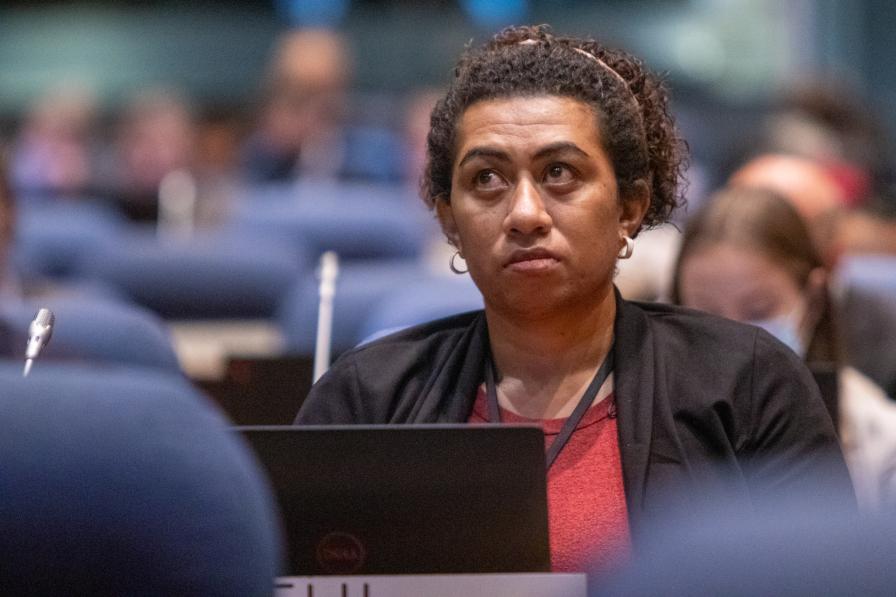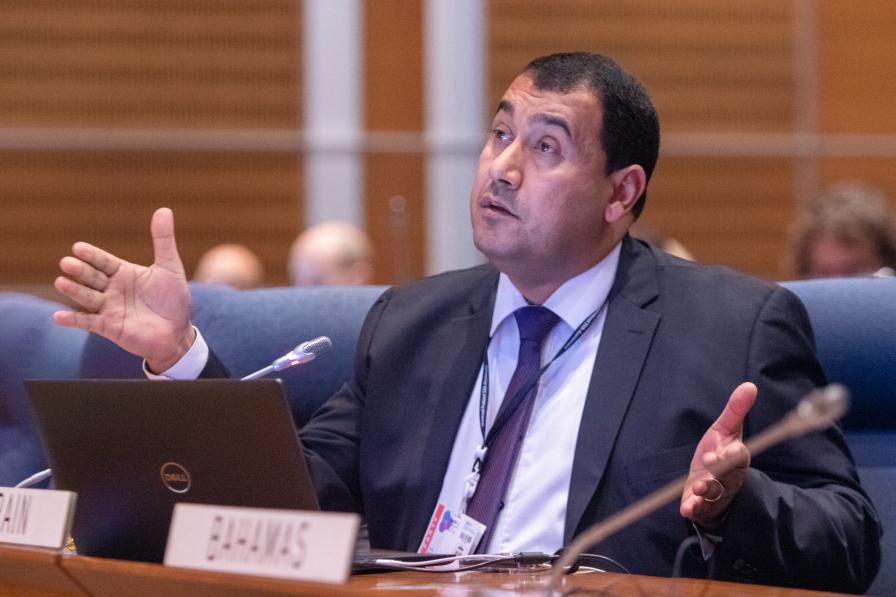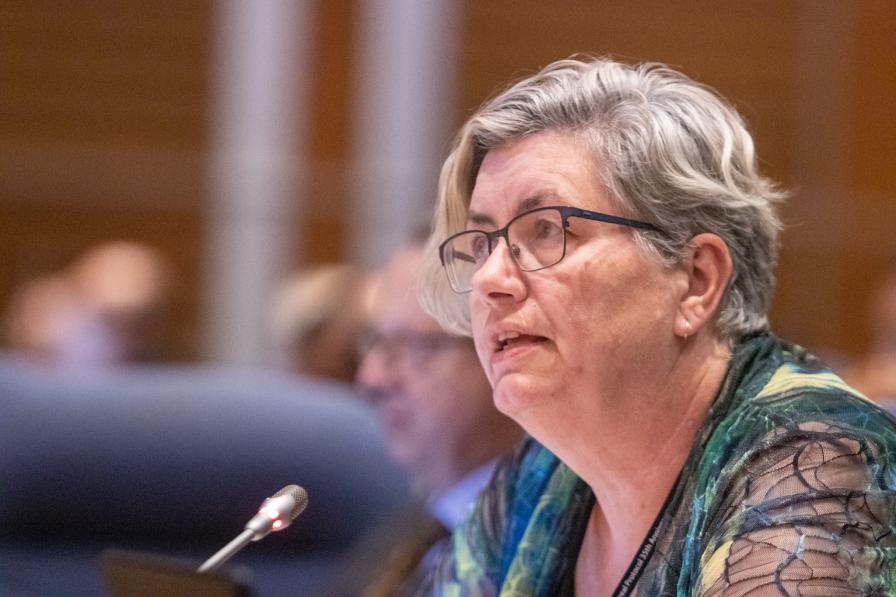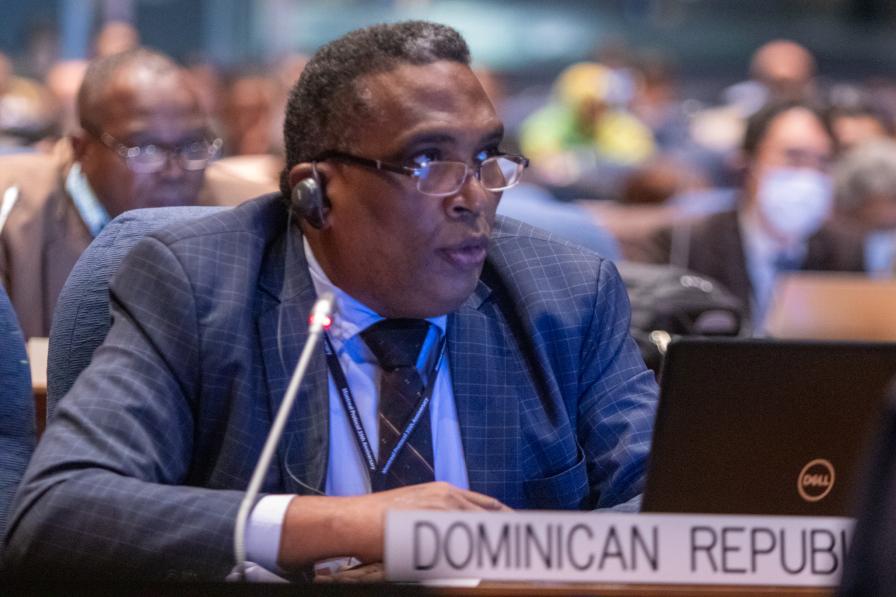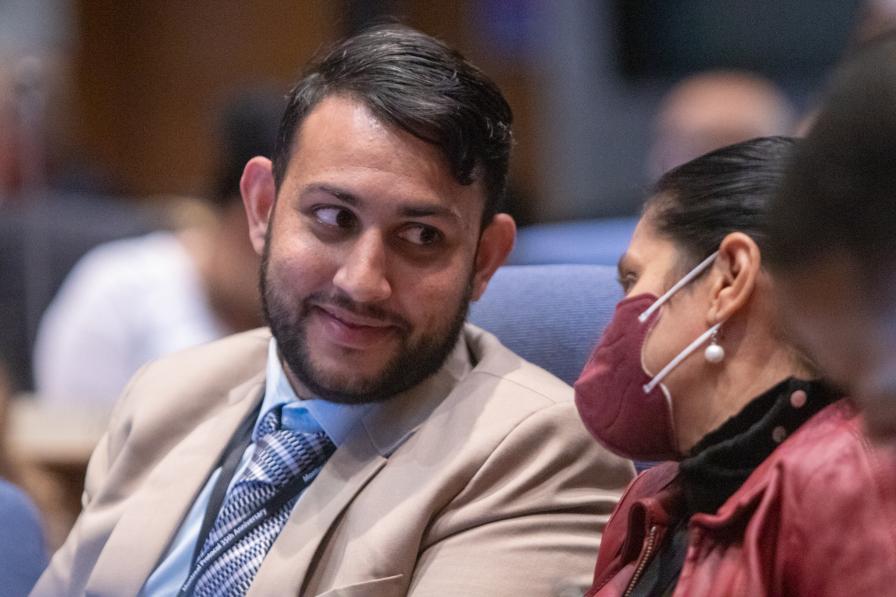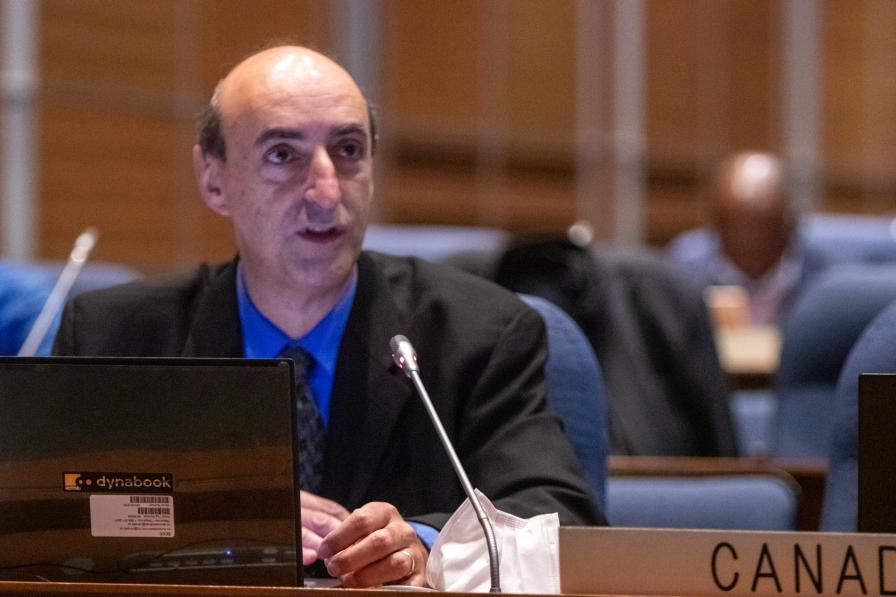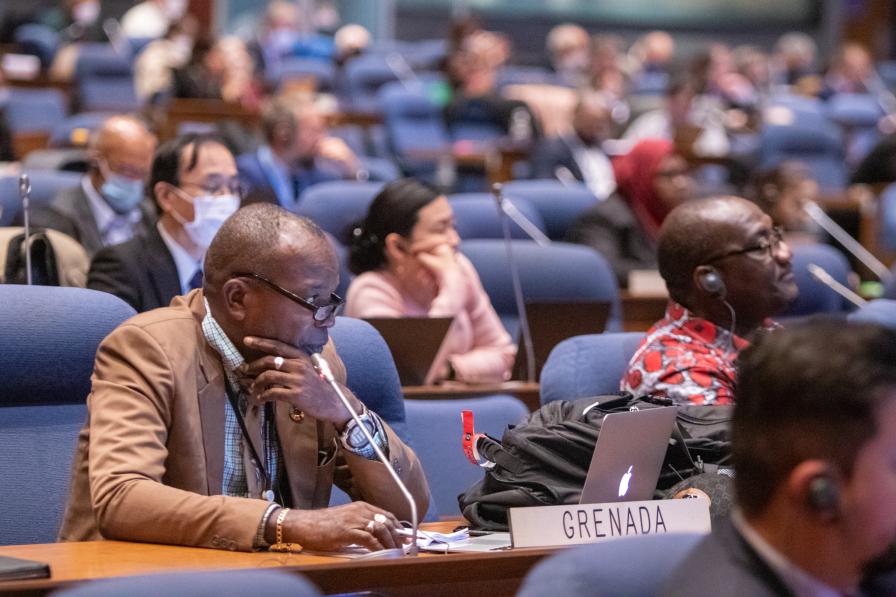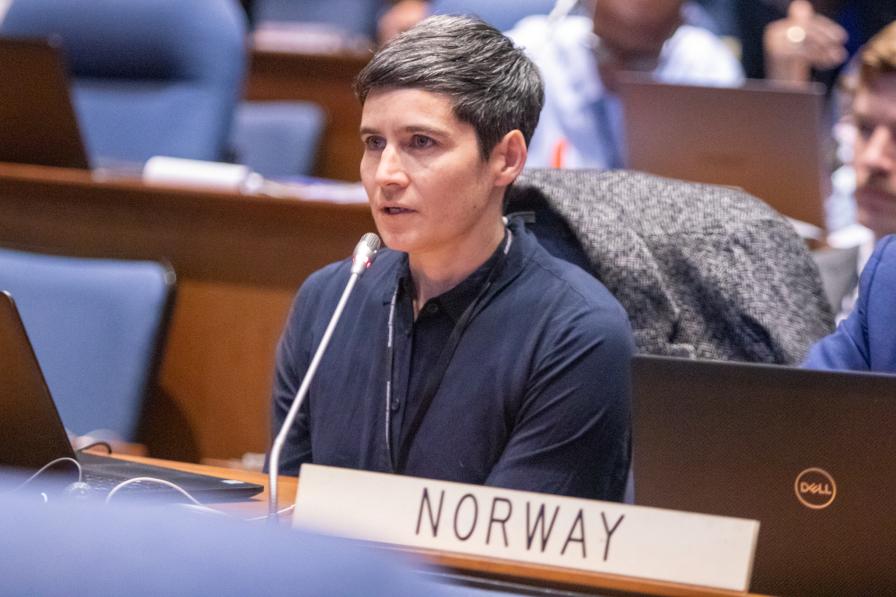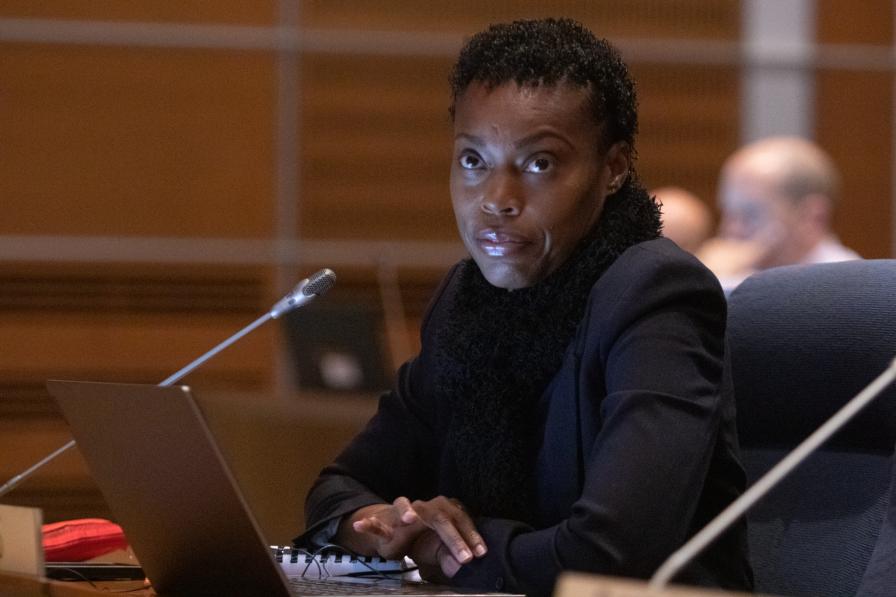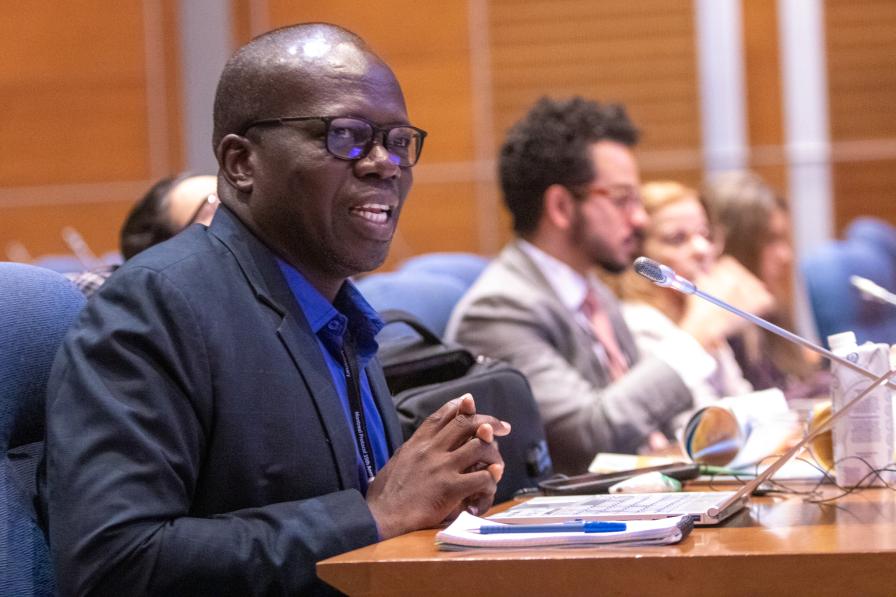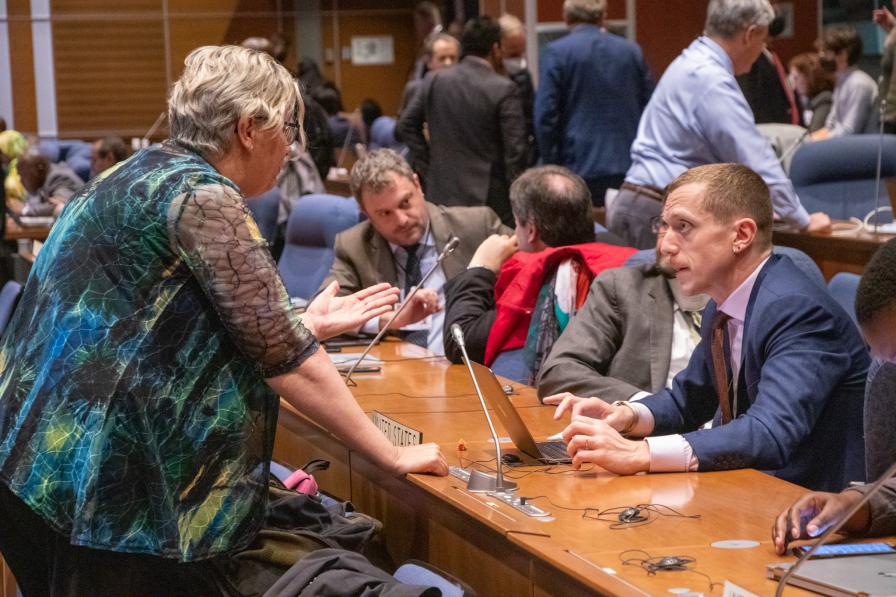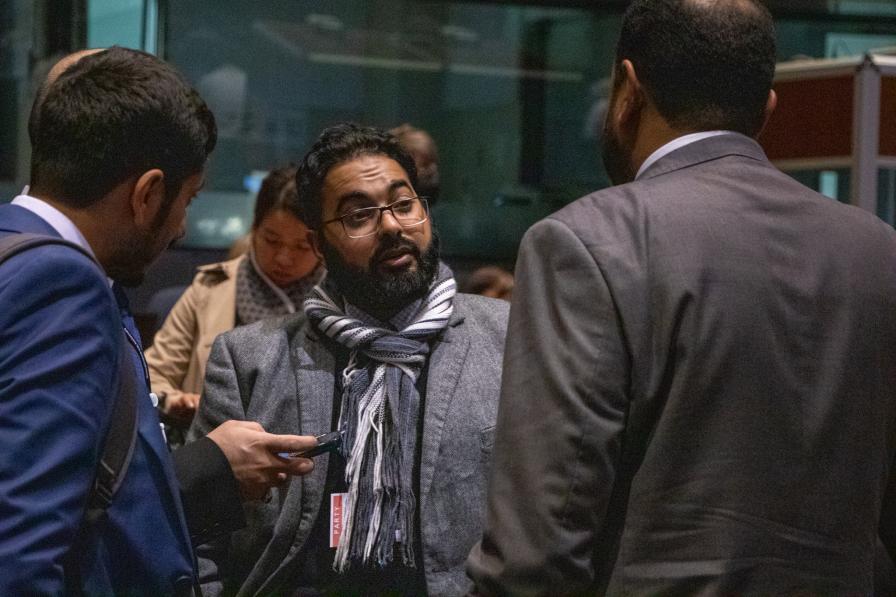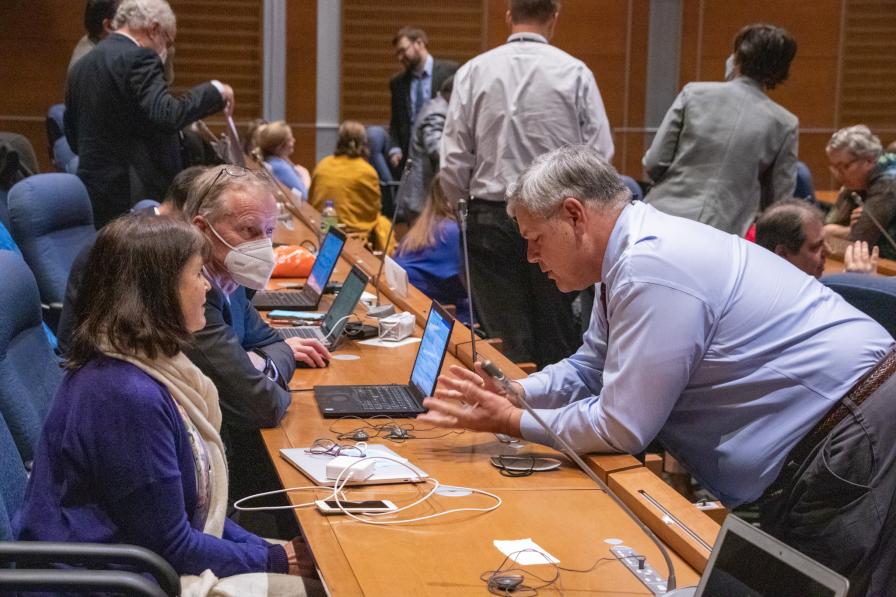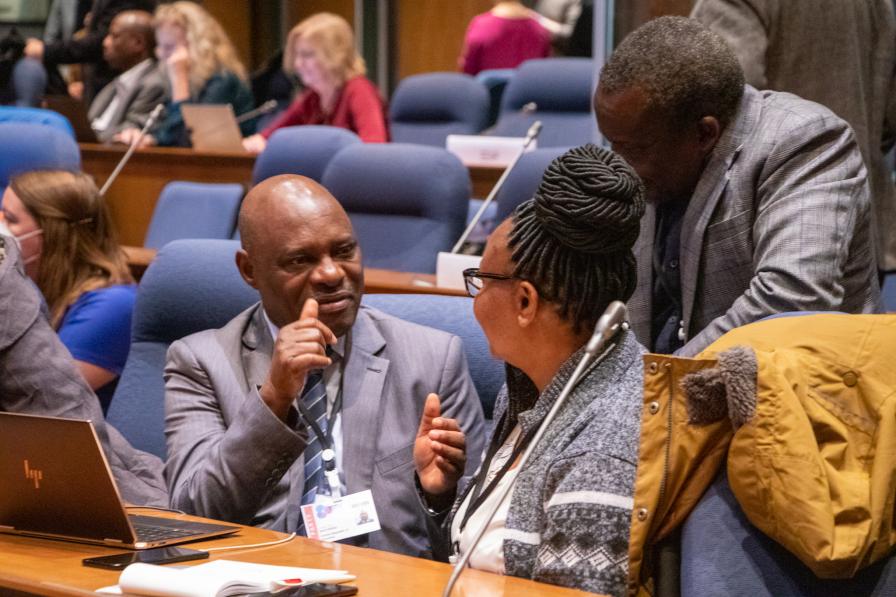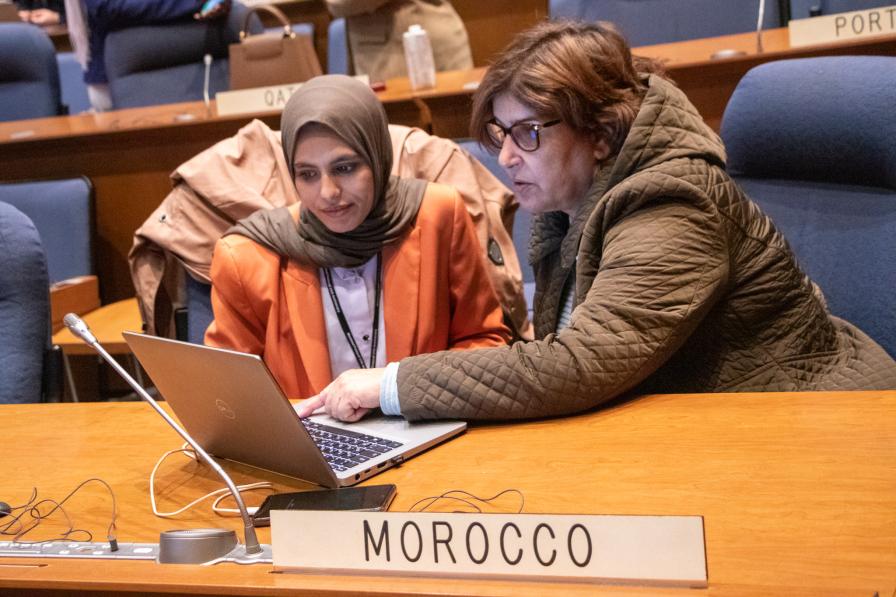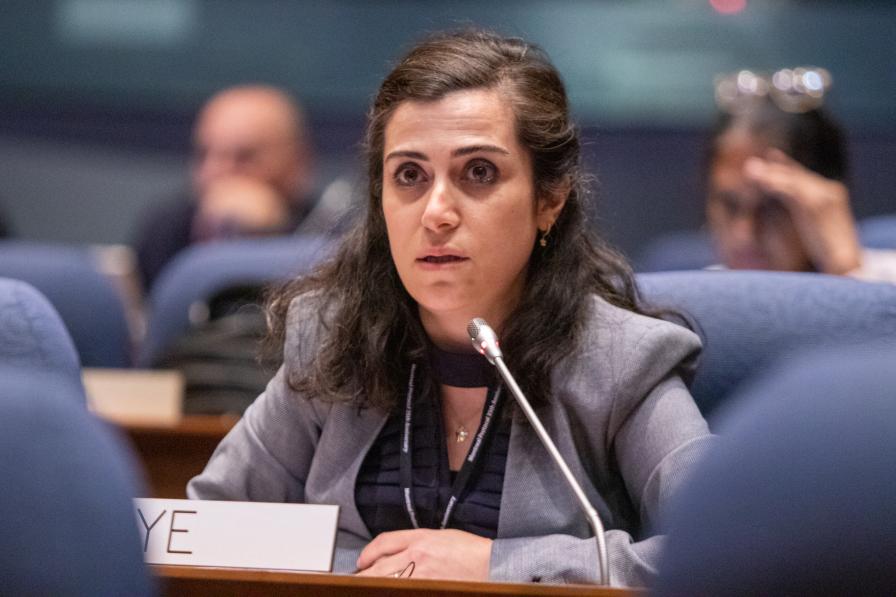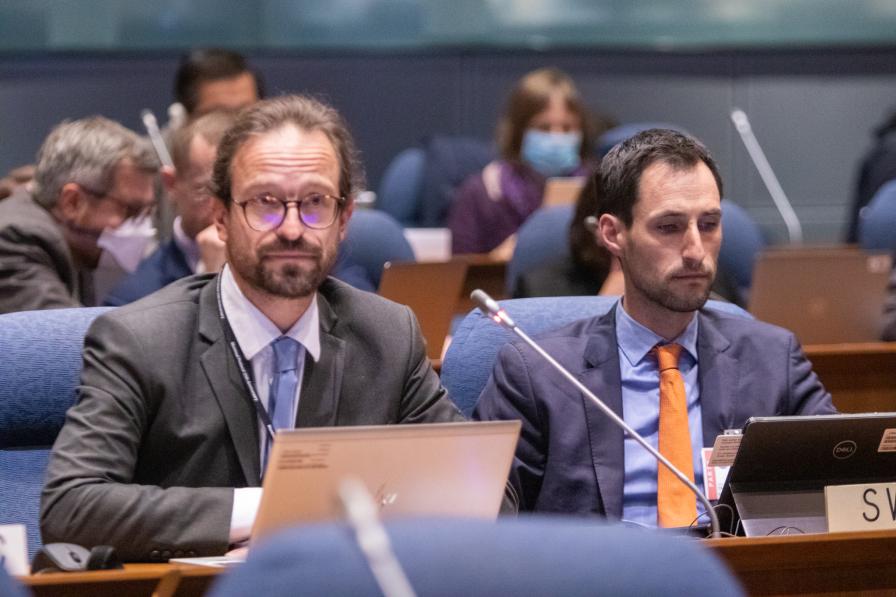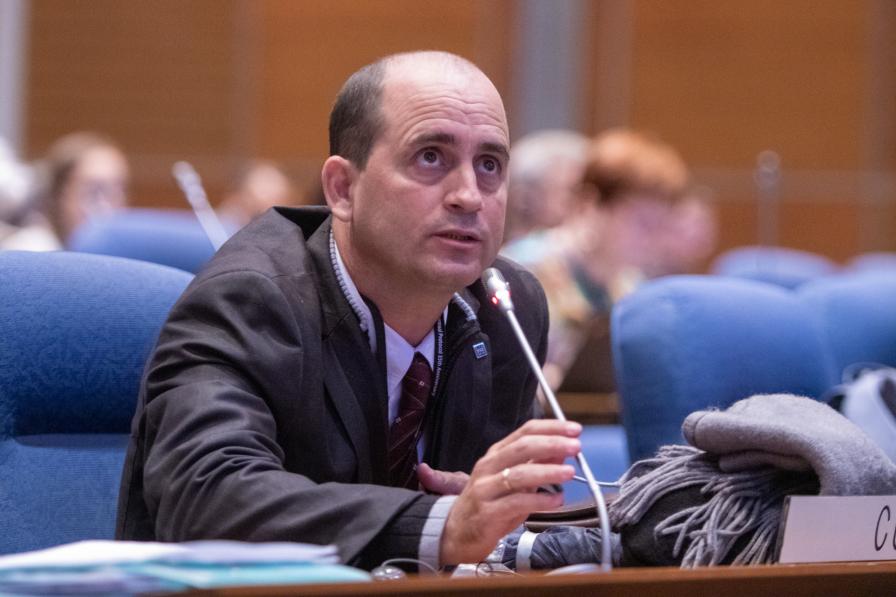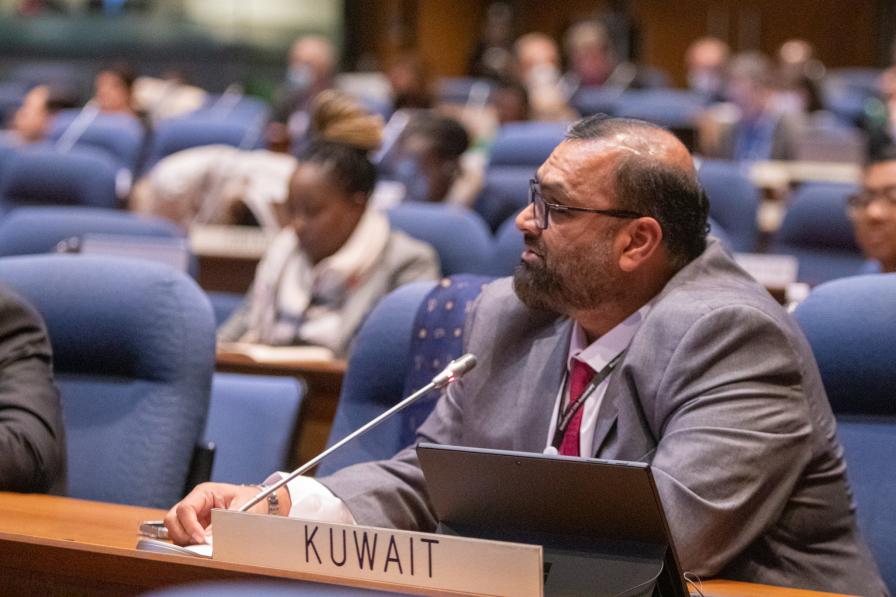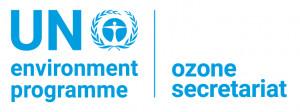Technical work dominated discussions at the 34th Meeting of the Parties (MOP 34) to the Montreal Protocol on Tuesday. Delegates opened the remaining items on the agenda for the preparatory session of the meeting and convened in a series of contact and informal groups to make progress on a wide range of issues.
Want to dive deeper? Read the full Earth Negotiations Bulletin daily report.
In the morning, delegates heard a report from the Technology and Economic Assessment Panel (TEAP) on its review of alternatives to hydrofluorocarbons (HFCs). HFCs are a group of industrial chemicals commonly used in refrigeration, air conditioning, and heat pumps, as well as in foams, chemicals, and medical applications. While these chemicals were introduced as replacements for ozone-depleting substances, they are potent greenhouse gases that make a significant contribution to climate change. The TEAP presented a detailed report outlining the current uses of HFCs, options for alternatives in a range of sectors, and related challenges.
Discussion of this issue illuminated connections to the work of the Stockholm Convention on Persistent Organic Pollutants, as some of the alternatives to HFCs contain per- and poly-fluoroalkyl substances (PFAS). This class of substances, sometimes called “forever chemicals” because of their persistence in the environment, includes chemicals that have been slated for elimination under the Stockholm Convention due to their harmful impacts on human health and the environment.
Delegates also discussed a proposal from Cuba to adjust how HFC baselines are calculated for developing countries that have ratified the 2016 Kigali Amendment to phase down HFCs. The Kigali Amendment provides for those baselines to be calculated on the basis of 2020-2022 data and, in some cases, the economic disruptions of the COVID-19 pandemic may peg commitments to lower-than-expected baselines, causing unintentional non-compliance. While many countries supported this proposal, others said the issue could not be resolved by a MOP decision and would instead require a formal adjustment or amendment to the Montreal Protocol. Any such proposal would have to be submitted six months prior to a MOP. Delegates agreed to continue discussions in an informal group.
Delegates met in a series of contact groups on Tuesday, including on: the budget; institutional processes; the African proposal on dumping; gaps in monitoring, and carbon tetrachloride emissions; terms of reference for a study on replenishment of the Multilateral Fund; and stocks and quarantine and pre-shipment uses of methyl bromide. Delegates also gathered in an informal group on restructuring the TEAP.
To receive free coverage of global environmental events delivered to your inbox, subscribe to the ENB Update newsletter.
All ENB photos are free to use with attribution. For the 34th Meeting of the Parties to the Montreal Protocol, please use: Photo by IISD/ENB | Matthew TenBruggencate.
